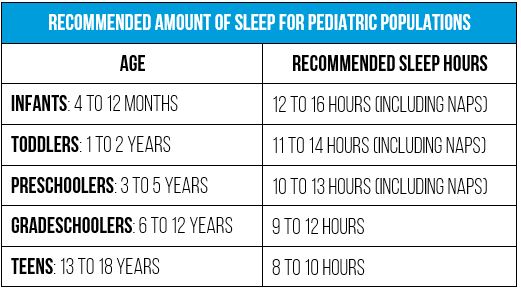With the new school year starting, kids aren’t the only ones roaming around the classrooms… Germs are everywhere! Dr. Claudia Sierra, a TopLine MD pediatrician, shared some insight on ways to prevent your child from getting sick this season.
Immunizations
Prior to starting school, immunizations should be up to date including the seasonal flu shot. Immunizations help protect children from dangerous viruses and bacteria that continue to exist in our world today. Following the official CDC immunization schedule is the most effective way to receive vaccines as the safety and timing have been studied extensively.
Flu season is upon us, running normally between October and February, and the best way to prevent this illness is to get the flu shot. The American Academy of Pediatrics (AAP) states that the flu vaccine is essential and all those over 6 months old should receive the seasonal flu shot as soon as it becomes available. The flu shot helps prevent influenza or reduce the severity if acquired, but you cannot get the flu from the flu shot.
Pre-Participation Physical Exam
A pre-participation physical exam is usually needed when your child is participating in competitive sports at school. This evaluation of your child’s current health can be done at their pediatrician’s office or where past medical records are available. Clearance to participate is dependent on a current physical exam, thorough medical history, family history and sport. Certain medical conditions or family history make it very dangerous to partake in competitive sports and/or may require more extensive work up prior to recommending participation.
Prevention
– Hand washing: Once a child picks up germs with their hands, they infect themselves by rubbing their eyes, touching their nose, and placing their fingers in their mouth. Hands should be washed before meals, after playing outside, when sneezing or coughing, after using the bathroom, or petting animals to avoid ingesting any germs they pick up. The AAP recommends making handwashing a habit from an early age as it is one of the most important methods to prevent disease.
– Eating a balanced diet: A balanced diet is important for growth, healthy weight, and disease prevention. This includes incorporating fruits, vegetables, protein, good carbohydrates and healthy fats. Remember, breakfast is the most important meal of the day. Eating breakfast has been shown to improve memory and concentration and contributes to maintaining a healthy weight. While breakfast often becomes challenging during the school year, it is necessary for a successful day of learning. Some ways to improve breakfast habits include meal planning with your child the day before as well as maintaining a proper sleep schedule.
– Sleeping: Maintaining a consistent sleep schedule is important for the entire family. Being active during the day by participating in physical activity as well as a bed time routine contributes to effective sleep.

Source: https://www.aap.org/en-us/Pages/Default.aspx
*The American Academy of Pediatrics (AAP) has issued a statement of Endorsement supporting these guidelines from the American Academy of Sleep Medicine (AASM).
If your child is sick, it is recommended that they not attend school until they are fever free for 24 hours without medications. Sending them to school can not only cause their condition to worsen, but also spread the sickness throughout the classroom.
About Dr. Claudia Sierra
Dr. Claudia Sierra is a pediatrician practicing at Kings Bay Pediatrics in Miami, Florida. She graduated from Universidad Central Del Caribe School of Medicine in 2015 and continued her training in pediatrics at St. Luke’s Episcopal Hospital in Ponce, Puerto Rico. In her free time, Dr. Sierra enjoys painting, practicing yoga, baking and spending time with her family and dogs. For more information about Dr. Sierra, click here!



